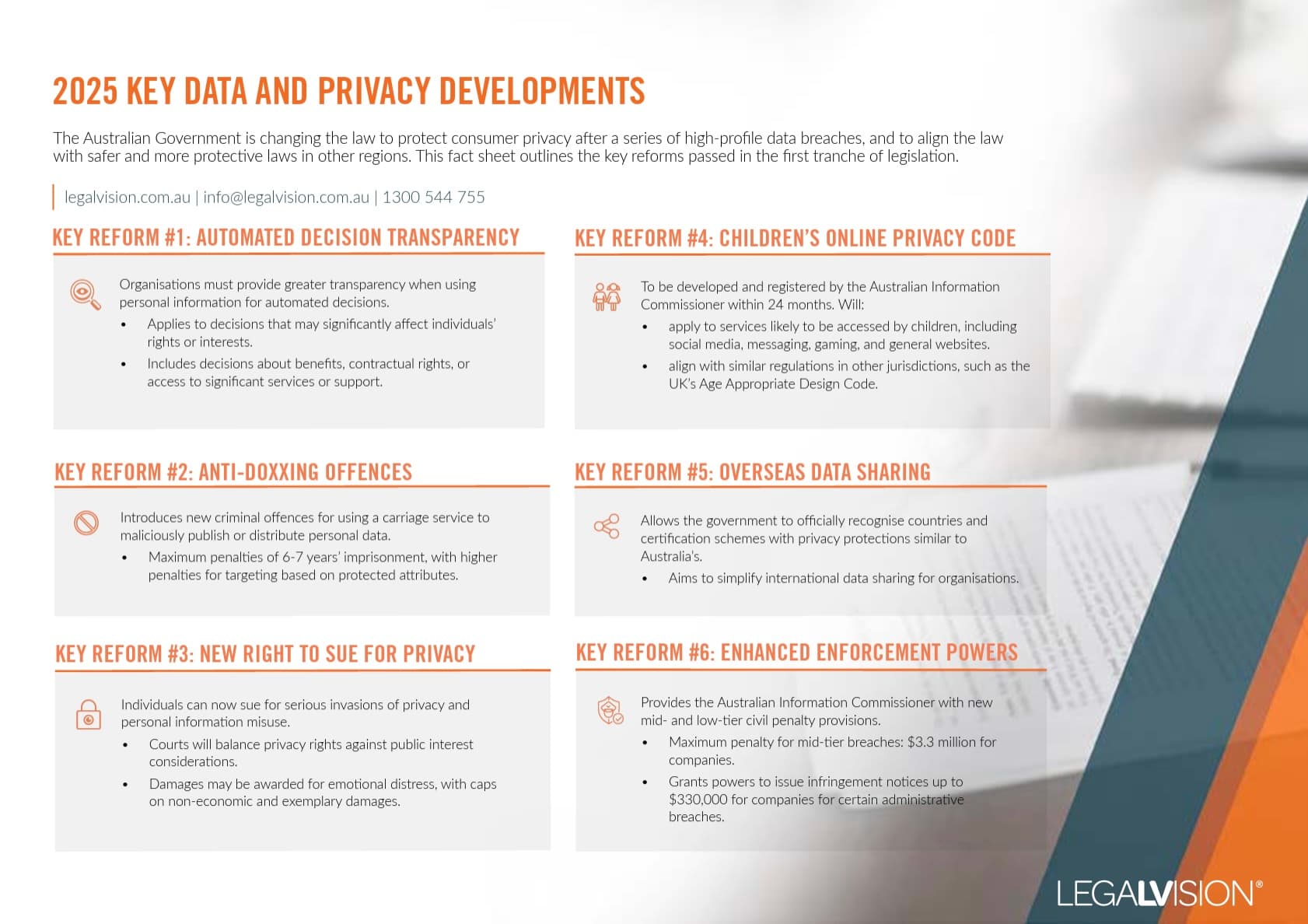Navigating the National Disability Insurance Scheme (NDIS) can be complex, requiring careful planning and support when working with clients of varying needs. These challenges become even more pronounced when working with NDIS clients who have diminished legal capacity. Diminished legal capacity can result from various factors, including intellectual disabilities and mental health issues, or may be age-related. In this article, we will explore the essential considerations that service providers and caregivers should keep in mind when supporting NDIS clients with diminished legal capacity.
What is Diminished Legal Capacity?
Diminished legal capacity refers to a person’s reduced ability to understand, make, and communicate decisions about their legal and financial affairs. It can be temporary or permanent and may vary in severity. NDIS clients with diminished legal capacity may struggle to:
- comprehend complex legal documents;
- manage their finances; or
- make informed decisions about their NDIS plan.

This factsheet outlines the Australian Government’s strengthened consumer privacy laws in 2025 following major data breaches and their alignment with global standards.
Important Considerations
1. Assessment
The first step to effectively support NDIS clients with diminished legal capacity is conducting a comprehensive assessment of the client’s needs and understanding their capabilities. Identifying the areas in which the client requires support and the extent of their incapacity is essential.
Furthermore, you must conduct these assessments on a regular basis, as capacity can be decision-specific and fluid. In addition, ensure you do not make assumptions about the client’s capacity.
2. Planning
Engage the client in discussions about their goals, preferences, and aspirations. Create a tailored support plan for each client to reflect their unique needs and desires. This approach helps maintain their dignity and autonomy, fostering a sense of control over their own lives. The plan should include:
- how and when you will include the client in the decision-making process;
- who the support persons are (if support is required); and
- how often you will reassess the plan.
3. Support
Some NDIS clients will have existing support processes in place, such as authorised agents who can make decisions on their behalf (commonly, these are guardians or parents). You should ensure you understand any legal requirements when engaging with the client’s authorised representative. In other cases, the client may be able to participate in supported decision-making, where trusted individuals or professionals can guide them to help the client understand the options and make their choices.
4. Informed Consent
Consent is a critical issue when working with NDIS clients and in the healthcare industry generally. It’s essential to establish whether the client can provide informed consent and, if not, who can provide consent on their behalf. You should ensure you use plain language, visual aids, and other communication tools to explain options and potential outcomes. Consent should be an ongoing process, allowing clients to express their preferences and make choices to the best of their abilities.
5. Simple Contracts
The contracts you provide to your clients should be in plain, easy-to-understand language and not overly complex. The NDIS already prescribes specific requirements that your client agreement must meet. However, it is important to remember that your client agreements may be null and void if it is determined that the client did not have sufficient legal capacity at the time of entering into the contract.
6. Continuity of Care
Consistency in care and support is crucial. Ensure that there are contingency plans in place to address any disruptions in service delivery, such as staff turnover or emergencies.
7. Training Staff
You must ensure that all of your staff and service providers are attuned to the indicators, risks and obligations when working with NDIS clients with diminished legal capacity. You should implement internal processes, policies and guides. In addition, you should have training programs so that all of your staff feel comfortable responding to and handling any issues that arise. Some indicators that a client may have diminished legal capacity include disorientation, memory loss, challenges communicating, a change in the client’s demeanour or appearance, being accompanied by family or carers and not speaking for themselves, and difficulty understanding the required decision.
Continue reading this article below the formKey Takeaways
As a Navigating the National Disability Insurance Scheme (NDIS) provider, you must take into account various factors when working with clients with diminished capacity. This includes regularly assessing the situation so that you can provide support accordingly. Furthermore, you must ensure you obtain informed consent and provide your clients with simple contracts they can understand. In addition, you must ensure you provide consistency in your care and train your staff so they can cater to the needs of the client.
If you need help understanding your obligations when providing services to NDIS clients with diminished legal capacity, contact our experienced NDIS lawyers as part of our LegalVision membership. For a low monthly fee, you will have unlimited access to lawyers to answer your questions and draft and review your documents. Call us today on 1300 544 755 or visit our membership page.
We appreciate your feedback – your submission has been successfully received.











